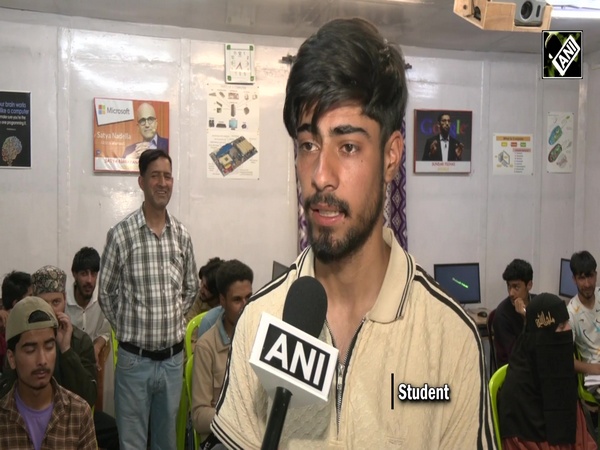"Core of India's position on reformed multilateralism lies in council's reform": Ambassador R Ravindra at UNSC open debate
Jul 16, 2024

New York [US], July 17 : India has once again called on the United Nations Security Council (UNSC) to recommit to time-bound negotiations on the council's reform, criticising the manipulation of the council's mechanisms by major countries and groups as "detrimental" to the multilateral spirit.
"The primary reason the multilateral system has failed to deliver is that it is still stuck in a 1945 vintage binary outlook reflected clearly in the composition of this Security Council. The core of India's position on reformed multilateralism, therefore, lies in a call for the reform of the UN Security Council that is reflective of contemporary realities of today," Ambassador R Ravindra said.
https://x.com/IndiaUNNewYork/status/1813305648274092308
Calling for a recommitment to time-bound negotiations on UNSC reforms, he further asserted that, "Sabotaging of negotiating processes and mechanisms by big countries or groups in the narrow interest of their own positions is detrimental to the multilateral spirit and must be called out wherever necessary."
The diplomat stated that multipolarity is here to stay.
"While we may have succeeded in preventing another world war, this does not hide the reality of the UN's inability to respond to increasingly complex global challenges such as terrorism, pandemics, climate change, threats posed by emerging technologies, cyberattacks and the disruptive role of non-state actors..." the ambassador said while delivering India's statement at the UNSC Open Debate.
Notably, reforms in the global systems have been an issue continuously raised by India and Prime Minister Narendra Modi on the global stage.
India, a founding member of the UN in 1945, played an active role in the drafting of the UN Charter and has been a vocal proponent of reforming the UNSC.
During his concluding address at the G20 Leaders Summit here in the national capital, PM Modi reiterated his stance of making global systems in accordance with the "realities of the present" and took the example of the United Nations Security Council.
"When the UN was established, the world at that time was completely different from today. At that time, there were 51 founding members in the UN. Today the number of countries included in the UN is around 200. Despite this, the permanent members in UNSC are still the same," the Prime Minister had underlined.


















